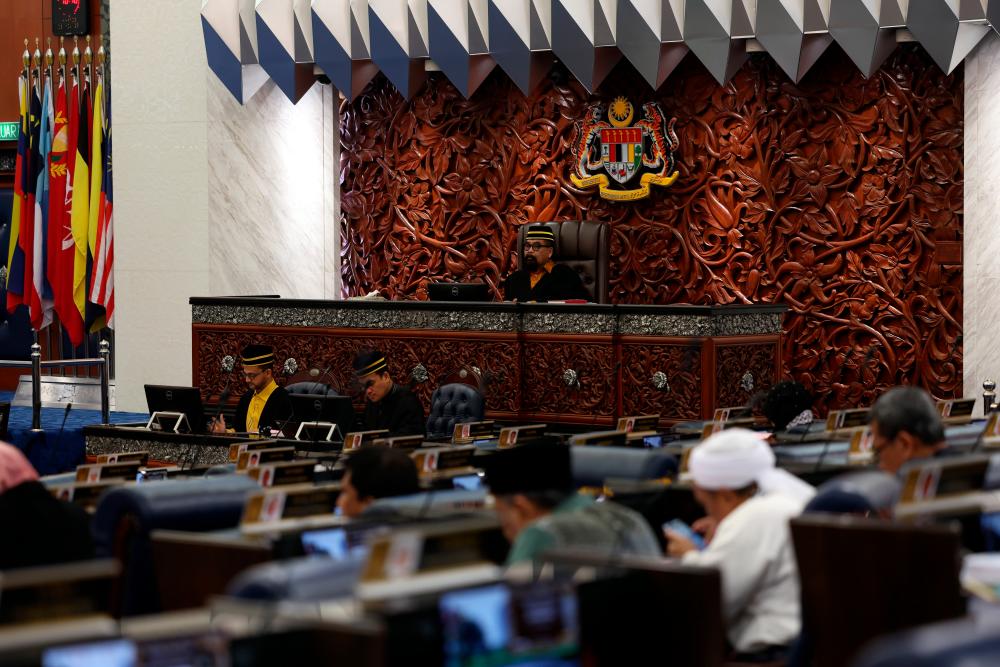KUALA LUMPUR: The country’s forestry sector has contributed a total of RM6.601 billion to the Gross Domestic Product (GDP), according to the 2022 Auditor-General’s Report (LKAN).
The report, tabled in the Dewan Rakyat today, said the amount was 0.4 per cent of the country’s total GDP of RM1,544.214 billion and the exports of the timber industry contributed a total of RM22.744 billion in 2021.
“Overall, based on the scope of the audit, forest management in Malaysia has been done sustainably to provide socioeconomic benefits and maintain environmental sustainability.
“As of Dec 31, 2021, forest area covers 18.05 million hectares or 54.6 per cent of the national land area in line with the country’s commitment to maintain at least 50 per cent of its forest area,“ it said.
However, based on audit samples reviewed in nine states, there were cases where the weakness of forest management for development of forest plantations, logging, mining and quarry activities within the Permanent Forest Reserve (HSK) had posed a negative impact on the environment.
Meanwhile, audit interviews revealed that 188 Orang Asli respondents agreed that forestry activities around their settlements had a negative impact on the rivers, as well as local economic and socio-cultural activities.
To ensure that the objective of Sustainable Forest Management (PHSB) is achieved, the report, among others, recommended that the Ministry of Natural Resources, Environment and Climate Change (NRECC), Forestry Department of Peninsular Malaysia (JPSM), Forest Department Sarawak (JHS) and Sabah Forestry (JPS) carry out the process of data collection and verification of national forested areas on an annual basis by creating a complete database on HSK, protected areas and forest land.
“In addition, NRECC needs to boost cooperation with state governments in providing directions or action plans for the implementation of PHSB through good governance and best practices to ensure that the forestry sector continues to contribute towards sustainable national development.
“JPSM, JHS, JPS and enforcement agencies are involved in increasing integrated monitoring and enforcement activities to ensure that every development project in forest areas complies with the development conditions set,“ according to the report. -Bernama









